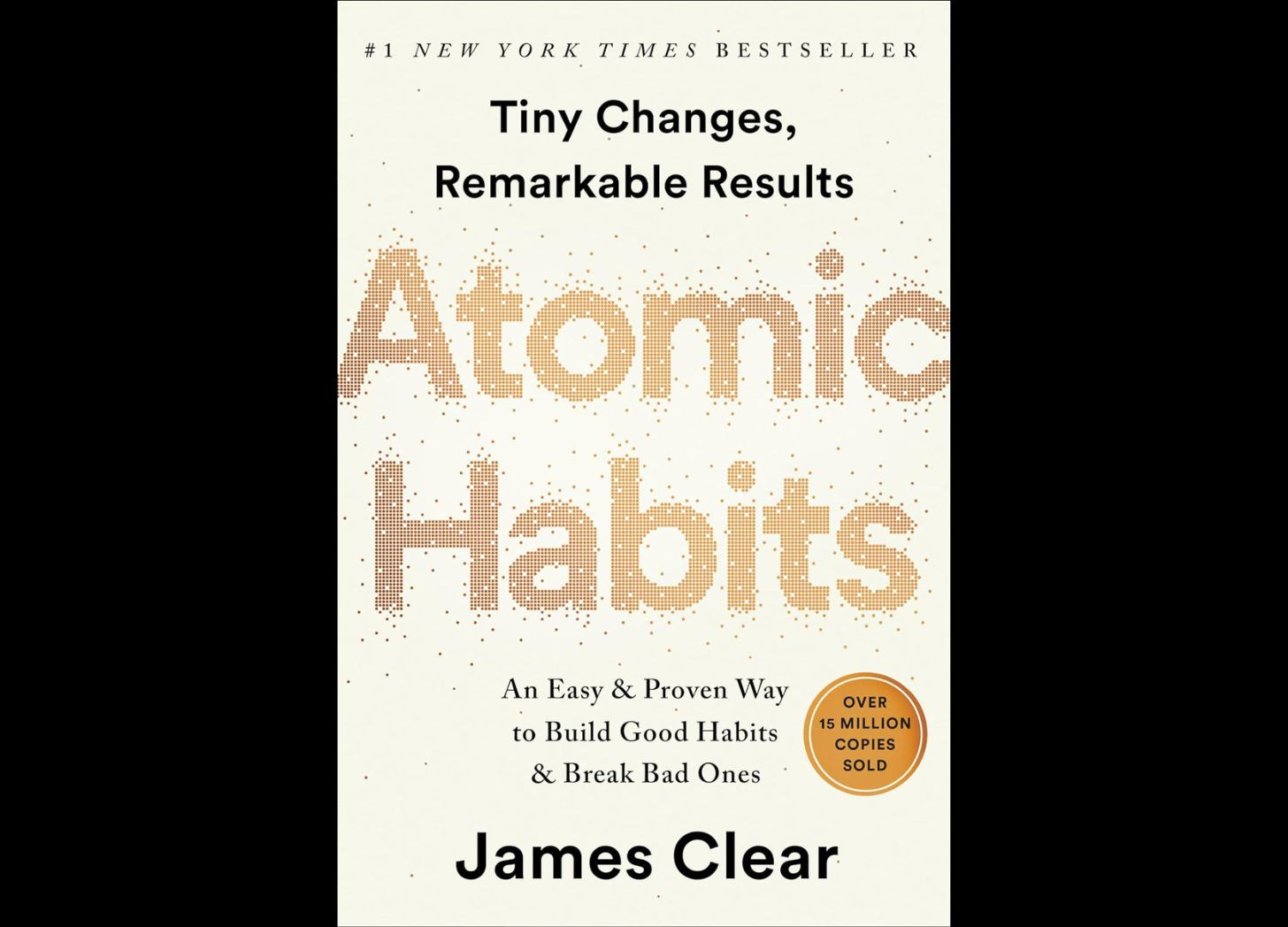Book Byte #11 "Atomic Habits" by James Clear
An Easy & Proven Way to Build Good Habits & Break Bad Ones
📣 Curious Quotes from the Author:
“You do not rise to the level of your goals. You fall to the level of your systems.”
“Decide the type of person you want to be. Prove it to yourself with small wins.”
“You should be far more concerned with your current trajectory than with your current results.”
“The ultimate form of intrinsic motivation is when a habit becomes part of your identity. It’s one thing to say I’m the type of person who wants this. It’s something very different to say I’m the type of person who is this.”
“When you fall in love with the process rather than the product, you don’t have to wait to give yourself permission to be happy. You can be satisfied anytime your system is running.”
“Every action you take is a vote for the type of person you wish to become. No single instance will transform your beliefs, but as the votes build up, so does the evidence of your new identity.”
“Habits are the compound interest of self-improvement”
“All big things come from small beginnings. The seed of every habit is a single, tiny decision. But as that decision is repeated, a habit sprouts and grows stronger. Roots entrench themselves and branches grow. The task of breaking a bad habit is like uprooting a powerful oak within us. And the task of building a good habit is like cultivating a delicate flower one day at a time.”
“Be the designer of your world and not merely the consumer of it.”
📚 Cognition of the Book’s Big Idea:
Atomic Habits has been around the #1 Best Selling Nonfiction book for past 3 years. It’s sold over 20 million copies in over 50 languages. It’s both a pleasure and daunting task to review it, but I’ll do my best
James Clear talks a lot about Habits, how they are changeable but also very hard to do so. He goes on to teach us that making large changes in your life doesn't have to involve major upheaval; you don't have to revolutionize your behavior or reinvent yourself. Rather, you can make small modifications to your behavior that, when practiced repeatedly, can create habits that can lead to big effects.
Minor behaviors can have a surprisingly significant impact on your life - and you won't always experience this impact in real time. After a while, you'll notice the effects of your habits.
We understand that not seeing the results of your work might be disheartening. If this is happening to you, and you're discouraged by the lack of immediate positive change, it's critical to try to focus on your present direction rather than your current results.
He goes on to talk about Habits being divided up in to 4 aspects:
Cue: It's the trigger to act, the start. the formation of the habit
Craving: The desire and backbone of Habit, meant to help the habit to be made
Response: The action you take when the habit is forming
Reward: The end result, the whole meaning of the habit.
James gives the example of the habit of reaching for the light switch when entering a dark room. The cue is walking into a room when it’s dark, you crave the light to be shown through the room. The response is you feel for the light switch almost automatically and the reward is the feeling you get when you finally turn on the light.
He also goes on to talk about how to successfully form habits. He gives the example of learning to play the guitar. You will have the best chance of success of learning the guitar if you keep it in plain sight so that you can grab it at any convenience and start learning it. Keeping the guitar out of sight and out of mind causes you to forget the bait and makes it less of a chance you’ll pick it up again.
🛠️For the Introverted
As introverts we tend to be productive folk, but we can also get stuck in our ways and sometimes ruminate on what we should do but can’t. James Clear gives the advice that we should reduce down the habit we want to form to it’s most basic elements so that we can make ourselves feel silly for not doing such a tiny task.
Everyone has tasks that they don’t want to do. Some are very important, but you’ll never feel a 100% gungho about doing them. The best advice the book gives is to tie the desired habit to a habit you are already familiar with and have mastered. For example if you want to write more, make sure you take the time during your morning coffee to write, that way there’s a dopamine hit during both actions that will help you keep them both going.
🤝 Collaborate with others with this Social Media Prompt:
What are some habits that you have locked down and some that you are struggling with?
What can you do to combine each on of them together to make them more possible in your life?

